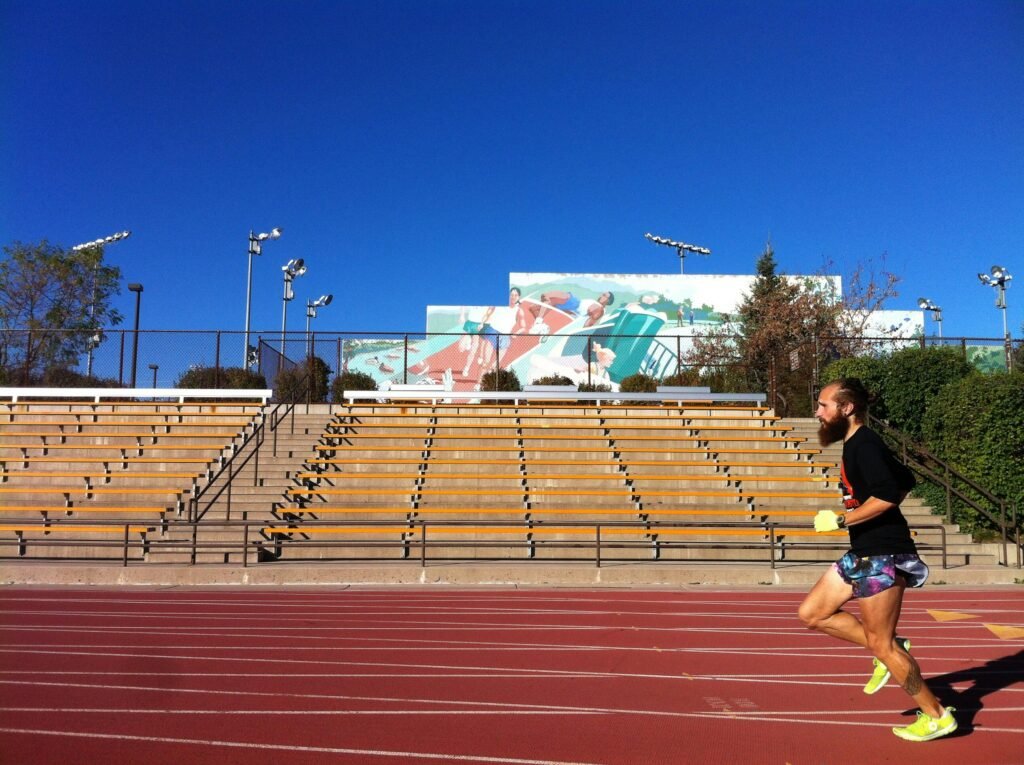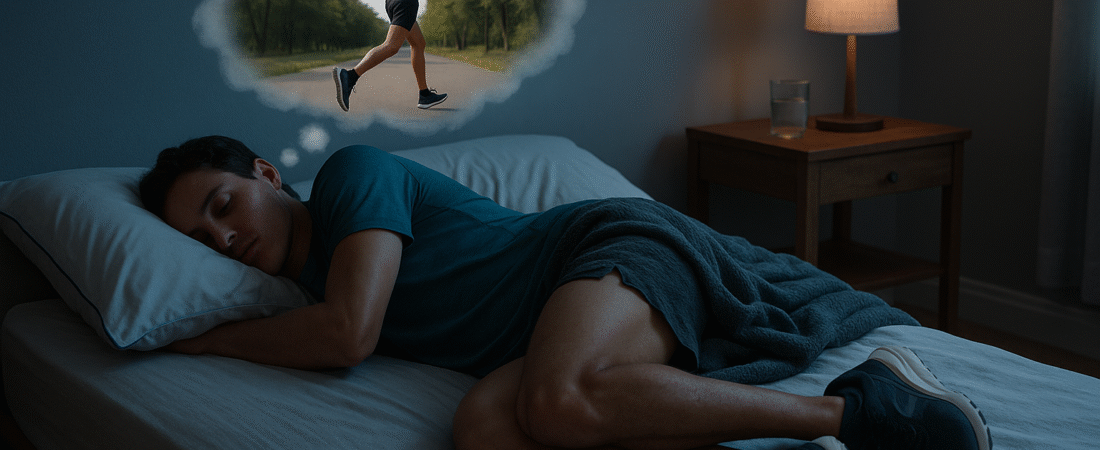How Much Sleep Do You Really Need as a Runner?
When you’re putting in the miles, sleep isn’t just a luxury — it’s your secret weapon. Sure, the general rule says adults need around seven to nine hours of sleep a night, but if you’re running regularly (especially training hard), your body might need even more. I’ve learned that the deeper the training load, the more rest we need to bounce back stronger.
Running takes a toll on your muscles and joints, and without quality rest, you’re not giving your body the chance to properly recover. When you sleep, your body kicks into high gear behind the scenes: repairing muscle tissue, restoring energy, and getting your mind sharp for the next workout. It’s during those deep sleep cycles that real recovery happens — and that’s something we can’t afford to skip.
You might’ve noticed it yourself: when you’re well-rested, your runs feel smoother, your mind is clearer, and your motivation spikes. There’s a lot of research backing this up too. Athletes who consistently get enough sleep tend to perform better, react faster, and stay injury-free longer. And when training ramps up, so should your sleep. It’s not a sign of weakness — it’s smart recovery.
Why You Probably Need More Sleep Than the Average Person
If you’re logging serious mileage, your sleep needs are probably higher than your non-running friends — and that’s perfectly normal. Running, especially intense sessions or long distances, breaks down your muscles, and that repair process doesn’t happen while you’re out on the road. It happens at night, while you sleep.
Personally, I’ve noticed that when I skimp on sleep, my body lets me know — sore legs linger, focus drops, and motivation fades. And if you’re like me, you’ve probably felt it too. Poor sleep can also throw off your coordination and increase the risk of injuries — something no runner wants to deal with.
Getting enough sleep doesn’t just help your body bounce back physically; it also helps you stay sharp mentally. Whether you’re tackling a tempo run or planning race-day strategy, mental clarity can make or break your performance. So don’t think of extra sleep as laziness — think of it as part of your training plan.

What Happens When You Prioritise Sleep
Making sleep a priority has a ton of benefits — and not just for your body. When you’re well-rested, your endurance increases, your recovery time shrinks, and your overall running performance improves. I’ve definitely had stronger runs after a solid night’s sleep than after a restless one.
Sleep is when your body produces growth hormone and rebuilds muscle tissue. It’s also when your brain resets — helping you wake up in a better mood, with less stress and more drive to train. Even your risk of injury goes down when you’re getting quality rest, because your coordination, balance, and reaction times stay sharper.
Beyond the physical, sleep boosts your emotional resilience. You’re more likely to stay motivated, bounce back from tough runs, and enjoy your training when you’re well-rested. Creating a peaceful sleep environment — like keeping the bedroom cool and dark, turning off screens early, and winding down with relaxing activities — can make a huge difference.
How You Can Improve Your Sleep as a Runner
If you’re looking to level up your sleep game, start with consistency. Going to bed and waking up at the same time every day (yes, even on weekends) helps set your internal clock. Your body will start to expect sleep, making it easier to drift off and wake up feeling refreshed.
Make your bedroom a sleep-friendly zone. Keep it cool, dark, and quiet — and if outside noise is an issue, a fan or white noise machine can help. Comfortable bedding that supports your body is also key, especially after long training days.
Before bed, try adding a few calming habits to your evening routine. I like to stretch lightly or do some deep breathing to wind down. Swapping screens for a book or calming playlist about an hour before bed helps too — that blue light really can mess with your sleep hormones.
Don’t forget about what you eat and drink, either. Try not to have caffeine or sugar late in the day, and make sure you’re hydrating throughout the evening (without overdoing it right before bed). Over time, these small adjustments can help you sleep deeper, recover faster, and wake up ready to hit the ground running.
Your Next Read
- Night Time Recovery for Runners
- Crushing Mental Walls
- Why Your Body and Mind Will Love You for Running
Type ‘Thank you and Goodnight’ if you prioritise sleep:

